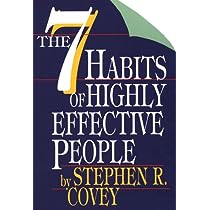Graham, R. (1984). Spain: A Nation Comes of Age. New York: St. Martin's Press.
Review by Michael Beach
For me as a reader, this book is close to my own experience. In 1982 and 1983 I lived in southern Spain serving as a missionary for The Church of Jesus Christ of Latter-day Saints. I just a 19-year-old, pretty much oblivious to the world of politics and economics. In particular, before being called to Spain I really had even less knowledge as events outside the United States and my own experience were limited to what I saw on the news. Spain was not in the US media at the time, at least not to my memory.
Robert Graham published this book in 1984, so just after I left the country. I really was not all that aware of what was going on with in the country or its history, even when I was there. My focus was on sharing the gospel of Jesus Christ. Now, many years later I pay much more attention to the happenings in the world. I read some on the Spanish civil war and the history of Franco. I experienced the shift in government towards a more socialist philosophy after decades of fascist dictatorship. I wish now that then I had known more about it.
Graham discusses the transition of power through several tumultuous administrations. There was at least one coup attempt. The author looks at major influences in Spain in the post-Franco transitive period. He looks at the changes in wealth distribution, the influence of banks, the church, and the various factions within the military. Graham also looks at the Spanish media and its affect on public opinion. Finally, he discusses democracy as it evolved within Spain.
Many of the influences discussed by Robert Graham are echoed in other emerging democracies. Throughout the Franco period, Spain was in some ways considered a backward society within a more enlightened Europe. At the time of Graham’s writing its economy had gone through several booms and busts, but was strongly on the mend. It was among the fastest growing economies within Europe. History has shown Spain to have suffered from some of the pangs of a growing set of social benefits. During COVID most of Europe has had similar issues, but Spain, Italy and Greece were particularly in the news as countries with a growing dependency on EU funds.
I appreciate the insights Robert Graham shares in this book. Anyone interested in the country and how international affairs affect and are affected by Spain should consider the read.





 RSS Feed
RSS Feed